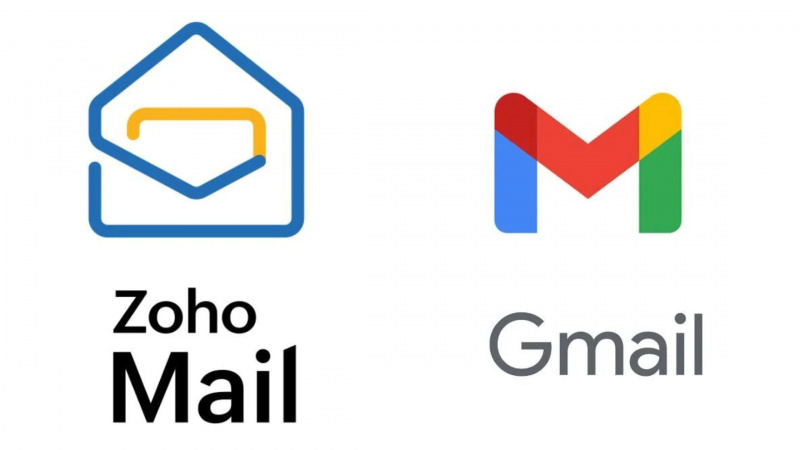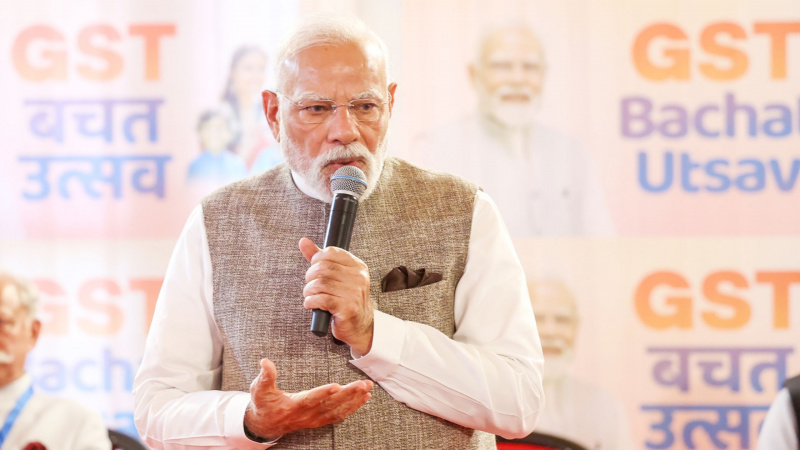Google's Antitrust Challenges Escalate in the US: Search, Apps, and Ads Under Scrutiny
In addition to this, Google is contending with two related cases in federal courts in Texas and New York. Texas leads a coalition of states suing Google over it
- by B2B Desk 2024-10-10 09:51:59
In a span of just two days, Alphabet's Google has faced significant legal setbacks, including a court mandate to open its Play Store to competitors and a looming possibility of a judicial order to break up parts of the company to curb its dominance in online search. Here's an overview of the ongoing U.S. antitrust cases that are putting Google on the defensive and could significantly impact its future.
Changes to Android Play StoreOn Monday, U.S. District Judge James Donato in San Francisco ordered Google to make substantial changes to its Android app operations. Starting in November, for a period of three years, Google must allow Android users to download competing app platforms and use alternative in-app payment methods. Additionally, Google is prohibited from compensating device manufacturers to preinstall its Play Store.
This ruling is part of a lawsuit initiated by Epic Games, the maker of "Fortnite," in 2020. Epic Games accused Google of monopolizing Android app distribution and payments. Google has announced plans to appeal the jury's decision and challenge the mandated changes. In a related case, Google has agreed to a $700 million settlement to address claims from consumers and U.S. states that it charged inflated prices for apps. This settlement is pending approval, with Judge Donato questioning if the amount is adequate. Furthermore, Epic Games recently filed another lawsuit accusing Google of conspiring with Samsung to maintain Play Store's dominance. Both Google and Samsung have denied these allegations.

Google's control over online search is at the center of a lawsuit filed by the Justice Department in 2020. In August, U.S. District Judge Amit Mehta ruled that Google had illegally maintained its monopoly by paying billions to ensure it remains the default search engine on various platforms. This week, the Justice Department indicated it might seek a court order to dismantle parts of Google to address these antitrust violations. Potential remedies could include forcing Google to divest its Chrome browser and Android operating system. The government's specific proposals are expected in November, with Google’s counter-proposals due in December. Arguments are scheduled for April 2025.
Digital Advertising Market DominanceBeyond search and apps, Google is also confronting multiple lawsuits challenging its dominance in the digital advertising sector. U.S. District Judge Leonie Brinkema in Virginia recently concluded a non-jury trial in a case where Google is accused of unlawfully controlling all facets of the online ad market, leveraging its size to stifle competition. Closing arguments are slated for late November.
In addition to this, Google is contending with two related cases in federal courts in Texas and New York. Texas leads a coalition of states suing Google over its digital advertising practices, with a trial set for March 2025. Moreover, publishers and advertisers are pursuing claims that Google's advertising technology practices have resulted in overcharges and revenue losses.
As these antitrust cases unfold, they could fundamentally alter how Google operates across various domains, from app distribution to online search and digital advertising.
POPULAR POSTS
The Agentic Revolution: Why Salesforce Is Betting Its Future on AI Agents
by Shan, 2025-11-05 10:29:23
OpenAI Offers ChatGPT Go Free in India: What’s Behind This Big AI Giveaway?
by Shan, 2025-10-28 12:19:11
Zoho Products: Complete List, Launch Years, and What Each One Does
by Shan, 2025-10-13 12:11:43
Arattai vs WhatsApp: Which Messaging App Should You Choose in 2025?
by Shan, 2025-10-10 11:55:06
Top Buy Now Pay Later (BNPL) Apps for Easy Shopping in 2025
by Shan, 2025-09-22 10:56:23
iPhone 17 Sale in India Begins: Full Price List, Launch Offers and Store Availability
by Shan, 2025-09-19 12:00:45
Apple September 2025 Event Recap: iPhone 17, iPhone Air, Apple Watch Series 11, and India Pricing Revealed
by Shan, 2025-09-10 09:55:45
RECENTLY PUBLISHED

Loan EMIs to Drop as RBI Slashes Repo Rate - Full MPC December 2025 Highlights
- by Shan, 2025-12-05 11:49:44

Pine Labs IPO 2025: Listing Date, Grey Market Premium, and Expert Outlook
- by Shan, 2025-11-05 09:57:07

Top 10 Insurance Companies in India 2026: Life, Health, and General Insurance Leaders Explained
- by Shan, 2025-10-30 10:06:42

Best Silver Investment Platforms for 2025: From CFDs to Digital Vaults Explained
- by Shan, 2025-10-23 12:22:46

Zoho Mail vs Gmail (2025): Which Email Platform Is Best for Businesses, Startups, and Students?
- by Shan, 2025-10-09 12:17:26

PM Modi Launches GST Bachat Utsav: Lower Taxes, More Savings for Every Indian Household
- by Shan, 2025-09-24 12:20:59




 Subscribe now
Subscribe now 